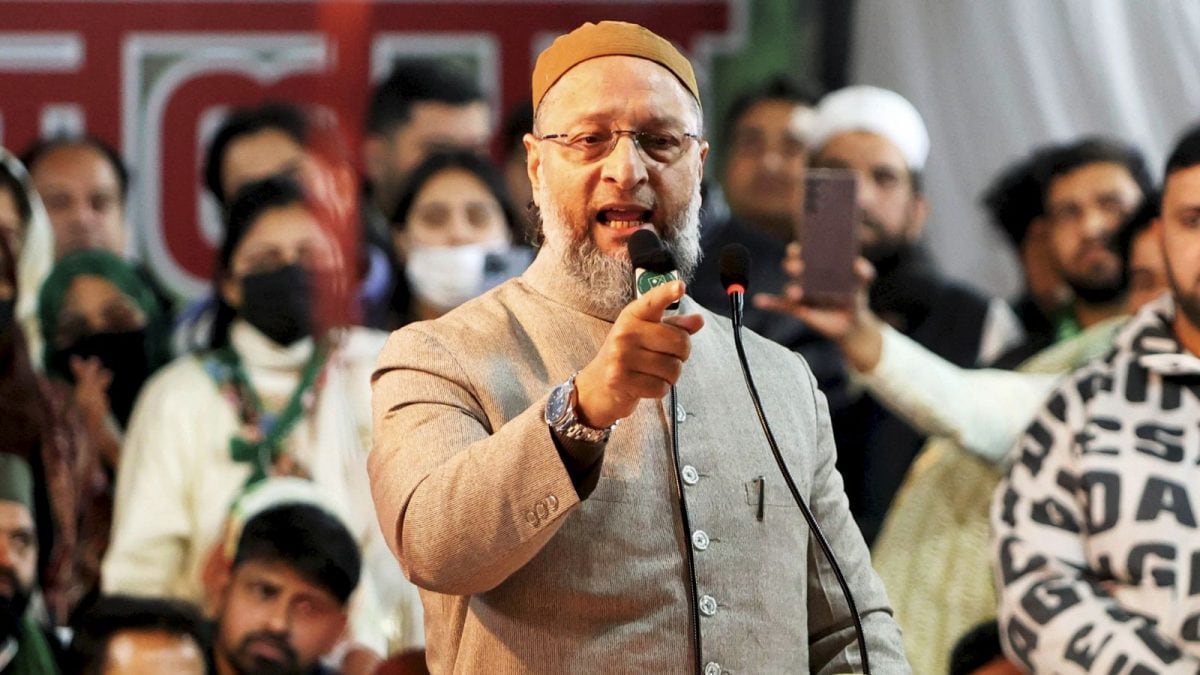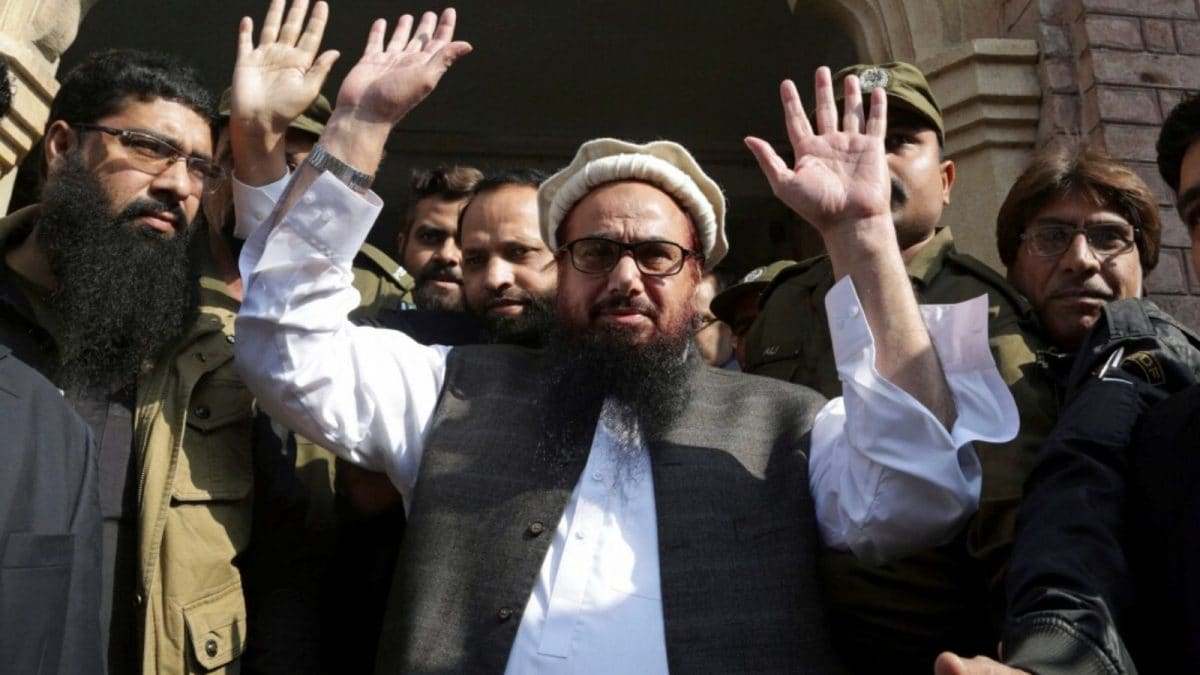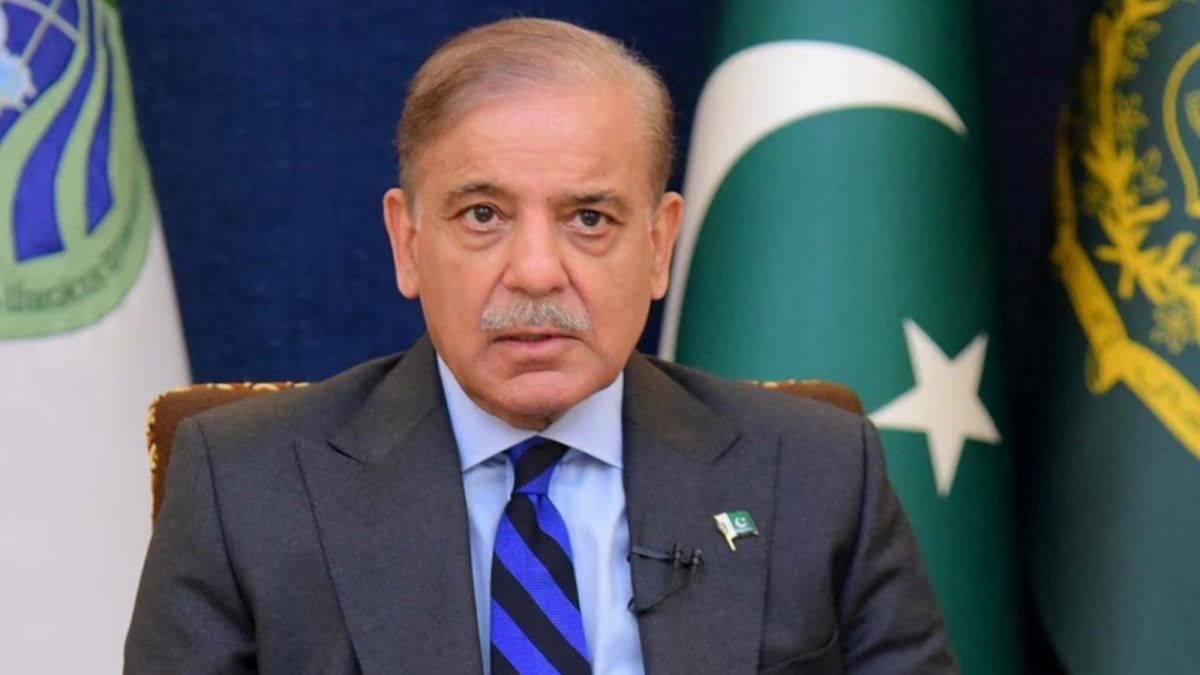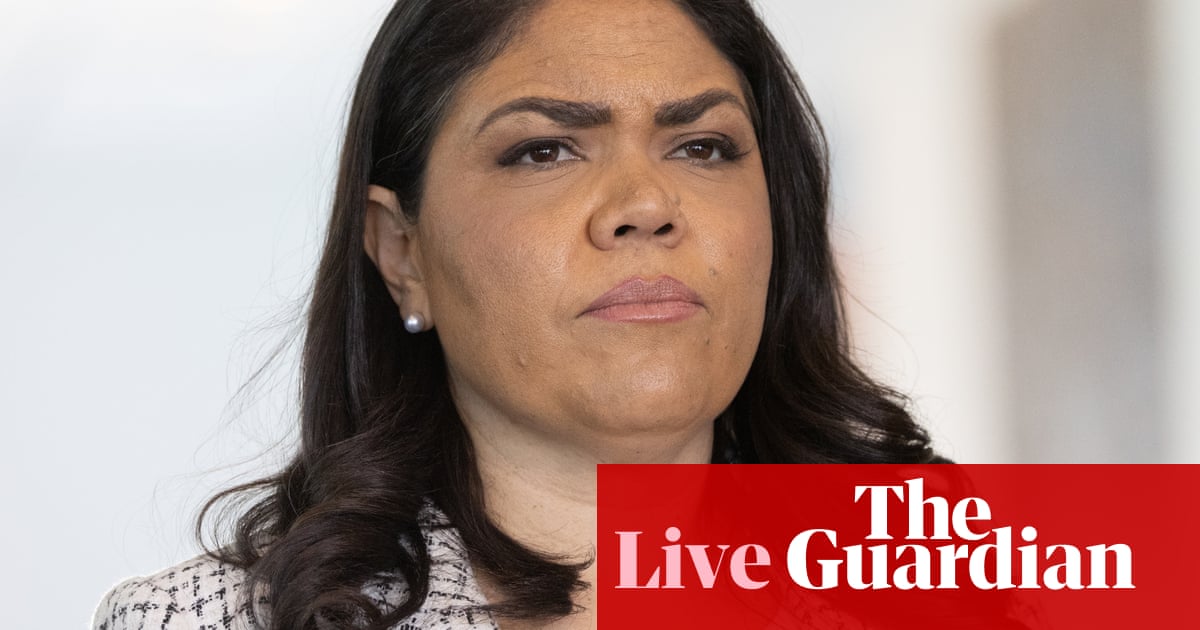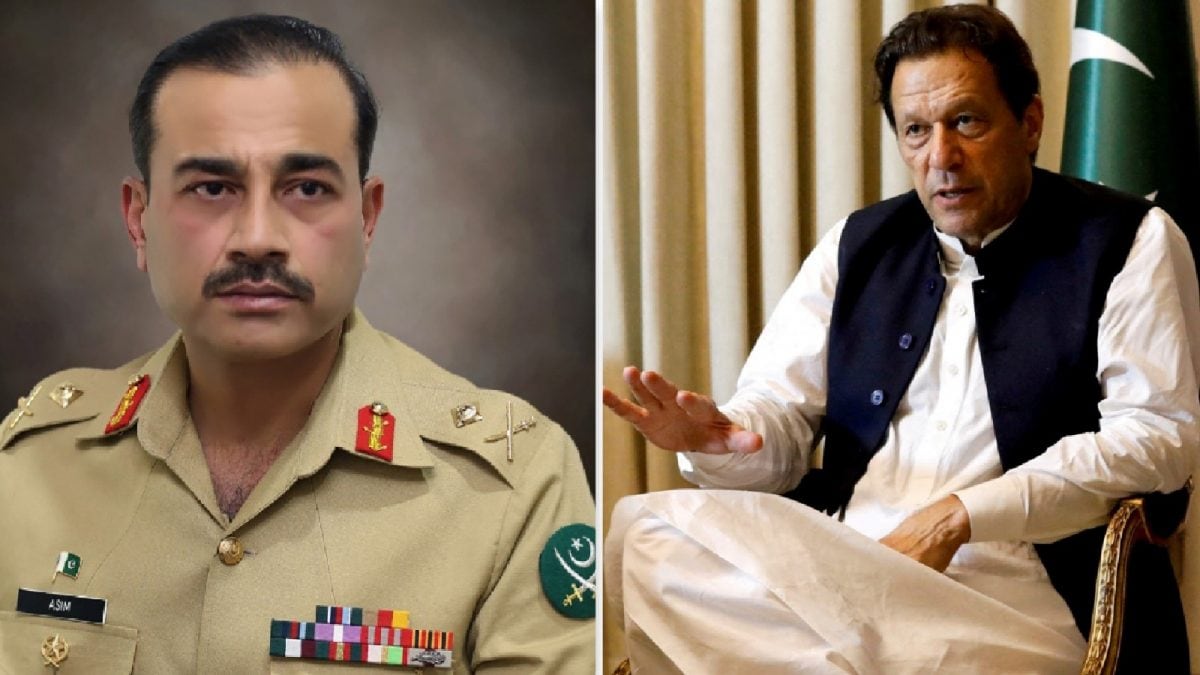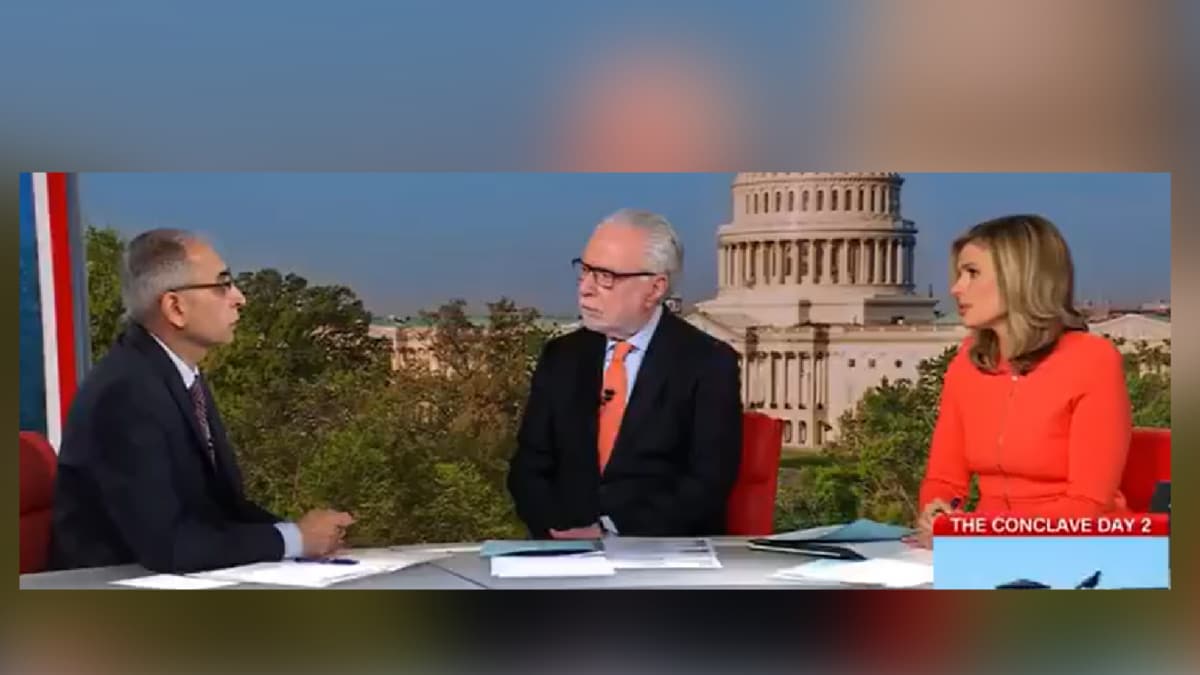Last Updated:March 27, 2025, 14:42 IST
Douglas Irwin told CNN-News18 said the reciprocal tariffs would be counter-productive as the costs would get passed on to US consumers, adding that tariffs on other trading partners will divert trade to India

The economist said because of the relationship between Prime Minister Narendra Modi and Trump, the US President may take a more liberal view of India. (PTI)
US President Donald Trump’s ‘tariff war’ from April 2 will lead to a disintegration of the world trading system as we know it now, Dartmouth College economics professor and author Douglas Irwin told CNN-News18 as he weighed in on what lies ahead for India and its economy.
Trump has promised reciprocal duties on both US allies and competitors from April 2 to “make America Rich Again".
Addressing the joint session of Congress, Trump had said in early March: “Other nations charge the US tremendously higher tariffs than the US charges them. It’s very unfair. Whatever they tariff us, we will tariff them. Whatever they tax us, we will tax them. I wanted to make it April 1, but I didn’t want to be accused of April Fool’s Day."
The Trump administration has imposed 25 per cent tariffs on imports from Canada and Mexico and a 20 per cent duty hike on Chinese goods. In what appears to be the beginning of a trade war, the three nations announced countermeasures against the US.
Discussing the consequences of Trump’s actions, Irwin said: “I think it is endlessly complicated and will be a major departure from the Most Favoured Nation trading status at WTO."
The economist agreed that the move would be counter-productive as the costs would get passed on to US consumers.
“According to Trump’s logic, other countries are taking advantage of US. Whether that’s true or not… most economists doubt that. But Trump is focusing on trade imbalance; mainly the fact that US runs a trade deficit with many countries. Just because US imports more than it exports, doesn’t mean that it is being taken advantage of. Proposing tariffs will increase the prices for US consumers. As a way of remedying trade deficits, instead of hurting other countries, it hurts the US."
Irwin also weighed in on the impact of Trump’s announcements on markets across the globe amid fears that the US economy could be heading for recession.
“There are already press reports in the US that the tariffs will be considerably scaled back from what was initially discussed. So maybe just certain countries and a select number of products are targeted. The Secretary of Treasury is talking about the ‘Dirty 15’ — the 15 countries that US has largest trade deficits with and India is in that group. So those countries will be targeted but we will have a better sense on April 2 when the tariffs come into force," he said.
The professor added: “Markets are, sort of, learning that Trump is very serious about imposing these tariffs even if there’s an economic cost to US and the world economy. The markets may be in for some more correction on April 2."
Irwin also said he would be “cautiously optimistic" about a possible opportunity for India given the tariffs on Canada, China and Mexico, saying there was a scenario where US focuses on other countries.
“Because of the relationship between Prime Minister Narendra Modi and Trump, the US president may take a more liberal view of India. In this case, tariffs on other trading partners will divert trade to India; just as Vietnam benefited tremendously from tariffs imposed on China during Trump’s first term. But the danger for India would be if the trade surplus with US grows larger and larger, the more likely it is to be on Trump’s radar. So, India has to be careful about that as well. But personal relations matter a lot."
Admitting that India had a “geo-political advantage", he said the Trump administration is aware of and “may act in India’s favour". “India is a valued partner of the US for many reasons. I don’t think India is directly in Trump’s crosshairs. He hasn’t mentioned India as much as he has mentioned China, Canada, Mexico and the EU. After that, I think Japan and Korea are next [on the list]. India should be careful but it has factors working in its favour."
Location : First Published:March 27, 2025, 14:42 IST
News india 'Not Directly In Crosshairs': On Tariff War, Economist Says Modi-Trump Bond May Work In India's Favour

 1 month ago
1 month ago
